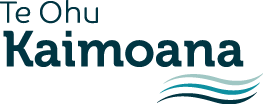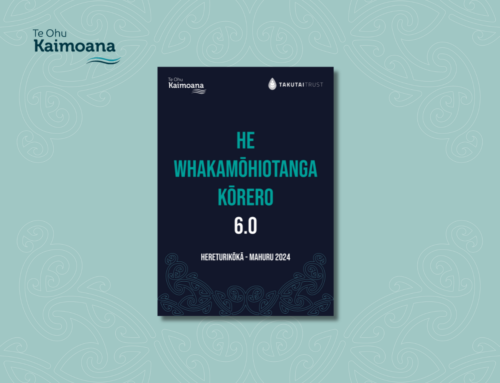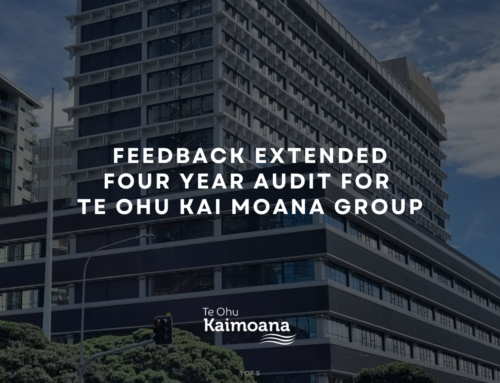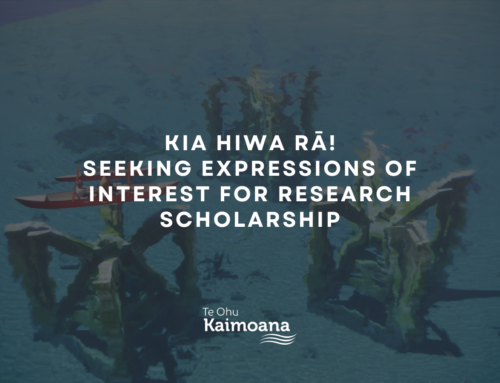16 Huitanguru 2024
Te Ohu Kaimoana is seeking further clarity from the Government concerning the intent and implications of its proposed Fast Track Consenting Bill. While supportive in principle of both economic development and a fit for purpose consenting process, there is little clarity as to how new legislation will protect the fisheries and aquaculture settlements, as well as the natural environment.
The fast-track consenting process is included within the coalition government’s 100-day plan, with a deadline to be introduced to Parliament by 8 March 2024.
“We acknowledge Minister Bishop’s comments that the Bill will protect existing Treaty Settlements and the environment, but we have yet to see any drafting to that effect. We see that there could be advantages to the Bill for activities such as aquaculture; but equally we see the very real potential for iwi and hapū to be adversely affected by other activities such as deep-sea mining, exclusion of fishing, or overriding mahinga kai” says Graeme Hastilow, Interim Chief Executive of Te Ohu Kaimoana.
“Efficient economic development does not need to exclusively exist from thoughtful consideration for our environment and the rights confirmed by the Deed of Settlement.”.
As the Bill has been ‘decoupled’ from the Resource Management Act and would stand alone as its own piece of legislation – standard protections in place for the environment and Treaty Settlements may not be extended the same or any level of protection.
“We are currently uncertain as to what provision will be given to the Māori Fisheries Settlement, the Maori Fisheries Act 2004 and the Māori Commercial Aquaculture Claims Settlement Act. Te Ohu Kaimoana and iwi are not unfamiliar with the Government introducing legislation that can unilaterally impede upon the rights of tangata whenua and the ability of iwi and hapū to exercise rangatiratanga, so we are keeping a very close on the development of this Bill”.
Upon receiving a copy of the draft Bill, Te Ohu Kaimoana will review the potential implications and provision provided for in terms of the existing Māori fisheries and aquaculture settlements and communicate quickly with iwi in regard to drafting a response for the Select Committee process.





